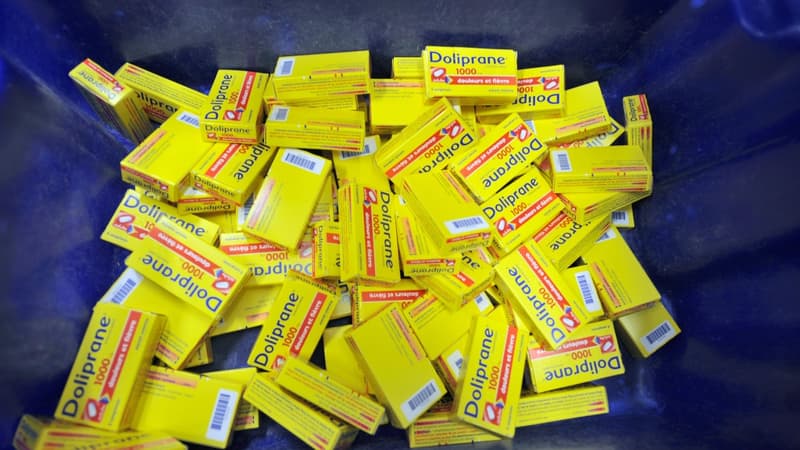Sanofi will separate from its Consumer Health division and take it public in 2024 to focus on new growth engines that it wants to finance through a savings plan, announcements very poorly received by the markets. Names well known to the general public such as Mucosolvan against cough, Allegra against rhinitis or the very popular paracetamol Doliprane will leave the French laboratory after this important strategic move.
The French pharmaceutical giant has decided to make Consumer Health “an autonomous global business entity within the group” by “creating a listed entity whose headquarters will be in France,” it announced on Friday on the occasion of the presentation of its quarterly results. The separation could take place “no earlier than the fourth quarter of 2024.”
Low prices and no big margin.
Although they represent 12% of Sanofi’s turnover, consumer products are sold at low prices that do not allow significant margins to be achieved. In addition, they are in the sights of the executive who periodically considers reducing their price, their reimbursement level or the deductible within the framework of the PLFSS, as was the case this year.
More than three years after the presidential announcement of a state allocation of 200 million euros for relocate paracetamol production in France, new investments worth €20 million have just been announced at the Lisieux plant to produce more Doliprane there. But the laboratory’s future investments will no longer be directed to this Consumer Health division, which will enjoy a certain autonomy.
Consumer Health sales increase 4.6% in the third quarter
Sanofi aims to accelerate innovation after stopping research in the highly competitive diabetes and cardiovascular sector, and before the loss of patent in 2031 for its blockbuster Dupixent, which treats various diseases. and among them we must prepare for the succession. Sanofi has increased its R&D spending by more than one billion a year since 2019 and the arrival of the British Paul Hudson at the helm, the group said this summer.
The biopharmaceutical segments include specialty medicine, general medicine and vaccines business, while the Consumer Health business covers dietary supplements and miscellaneous over-the-counter products. There is Mucosolvan for coughs, Allegra for rhinitis, the Novanuit brand for sleeping and the very popular paracetamol Doliprane for pain relief. In the third quarter, sales of this division, present in 150 countries and with more than 11,000 employees, increased by 4.6%, supported by products related to digestion and allergies, or 1,245 million euros (i.e. more than 10% of turnover).
The precedent of the British GSK
At the same time, Sanofi aims for savings of up to €2 billion between 2024 and the end of 2025 and assures that “the majority will be reallocated to finance engines of innovation and growth.” But these changes also entail the abandonment of short-term financial objectives, such as profits for 2024 and margin for 2025, Stifel analysts mention.
For Matthieu Sainton, health director of the consulting firm Eurogroup Consulting, the choice of a split seems “logical” in this “very competitive in terms of margin” sector that operates with “a volume strategy.” Sanofi applies, according to him, “what others have already done.” The British GSK spun off its consumer service business a year ago, which debuted in July 2022 on the London Stock Exchange under the name Haleon.
The group’s quarterly turnover fell 4.1%, to 11,964 million euros, a figure lower than the 12,089 million expected according to the consensus of the financial agency Bloomberg. The successful launch of Beyfortus (nirsevimab), a new preventive treatment against bronchiolitis in babies, available in four countries, including France, has offset the decline in flu vaccines.
The pharmaceutical group also forecasts adjusted earnings per share (EPS) from its activities in 2024 “more or less stable” compared to 2023 levels, due to increased research and development expenses and a higher tax rate. In 2025, however, it expects “a strong rebound” in the activities’ EPS growth.
Source: BFM TV


